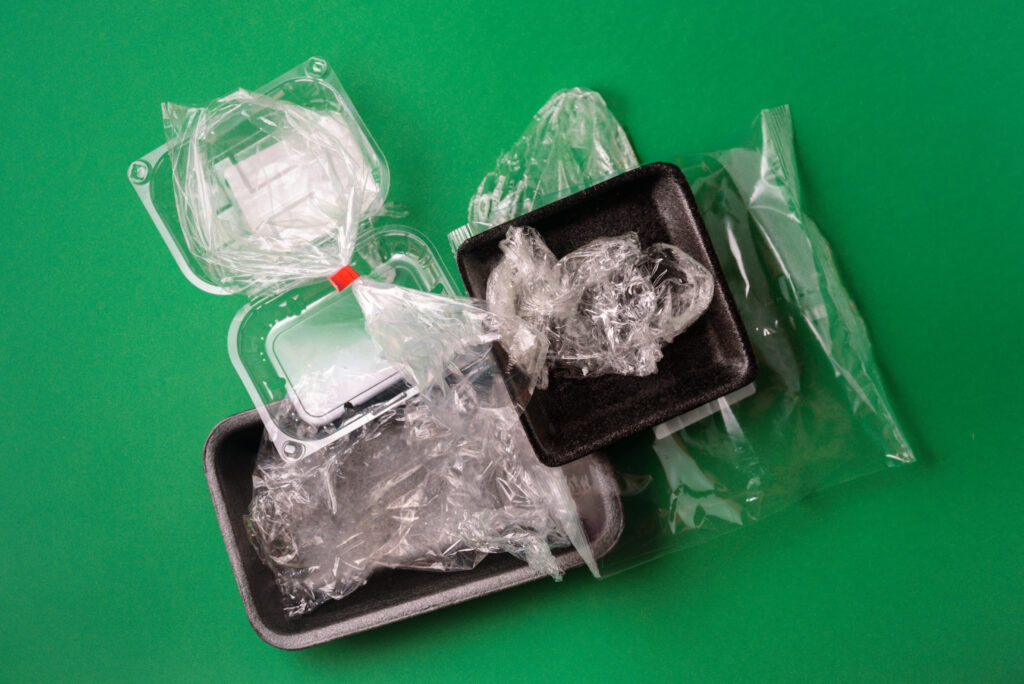Last week, the US Food and Drug Administration (FDA) stood by its decision, denying a petition asking it to reevaluate the use of eight ortho-phthalates in food-contacting packaging materials. The agency also declined demands to overturn five earlier approvals regarding five distinct ortho-phthalates, alleged to significantly risk human health by leaching into food and beverage products.
“We evaluated the reconsideration petition and concluded that it does not provide a basis for modifying the FDA’s response to the original citizen petition,” the FDA said in a constituent update. “Our response explains that we adequately considered relevant information and views contained in the administrative record when responding to the original citizen petition.”
The public petition, initiated in May 2022, was put forward by EarthJustice, a non-profit organization advocating for environmental sustainability, as well as Dr. Katherine K. O’Brien, a Canadian-American pediatric infectious disease specialist and epidemiologist, among other parties.
Related: Is Fiber Based Packaging the Next Trend in Sustainable Food Packaging?
“To rationally assess whether a substance is safe for use in food, FDA cannot rely on the erroneous assumption that diet is the only source of exposure where the available evidence demonstrates that people also are exposed from other sources,” the petition stated. “Even low dose exposures may have a relevant biologic effect when combined with elevated background levels.”
What are Ortho-Phthalates?
Phthalates are a group of chemically and pharmacologically related substances used in a wide range of products from toys, detergents and food packaging to pharmaceuticals and personal care items such as soaps, shampoos and perfumes. Among the plethora of phthalates available on the market, ortho-phthalates are the most prevalent.
The FDA has granted approval to 30 ortho-phthalates for employment as material in food packaging and processing equipment in contact with food. Ortho-phthalates serve various purposes, such as plasticizers, adhesives, coating agents and constituents in cellophane or paper and make materials soft and less brittle. As ortho-phthalates are not integral to the plastic structure, they possess the potential to seep out and can be inhaled, ingested or absorbed through the skin.
Recent research has shown that phthalates can adversely affect reproductive, developmental and endocrine health, with a specific emphasis on children. Studies have revealed that ortho-phthalates can hinder the brain development in children, raising their risk for issues in learning, attention and behavior. Research and subsequent petitions have concluded that ortho-phthalates should be excluded from an extensive range of products.
Reports from the Centers for Disease Control and Prevention (CDC) and the Consumer Product Safety Commission (CPSC) indicate that exposure to ortho-phthalates is practically unavoidable for individuals in the US given their prevalence in hundreds of products. Moreover, investigations have determined that socially disadvantaged groups, such as communities of color, often encounter higher exposure to ortho-phthalates.
Petitions and Lawsuits
This most recent petition is not the first against the use of ortho-phthalates. In 2018, the Flexible Vinyl Alliance (FVA) filed a petition with the FDA advocating for a revision of its regulations that would involve updating and withdrawing the clearances for 26 ortho-phthalates no longer employed in food contact applications.
In 2021, eight environmental and human health organizations, including EarthJustice, filed a lawsuit against the FDA for its refusal to prohibit the use of ortho-phthalate chemicals in food and beverage packaging, despite multiple years of research indicating their potential harm to both human and environmental health.
EarthJustice and Dr. O’Brien’s petition has experienced years of exchanges between civil society groups and the FDA, with intervention from the US Congress as well. Civil society organizations initiated the petition in 2016, driven by worries about the impact of phthalates on human health as they migrate from packaging and processing equipment into food. The organizations requested a response from the FDA in 2019 and eventually took legal action against the agency in 2021.
A pivotal challenge in eliminating ortho-phthalates from food and beverage packaging stems from the fact that numerous plastic variants depend on these chemicals as plasticizing agents. These chemicals are tough to substitute, especially in materials such as polyvinyl chloride.












Join or login to leave a comment
JOIN LOGIN